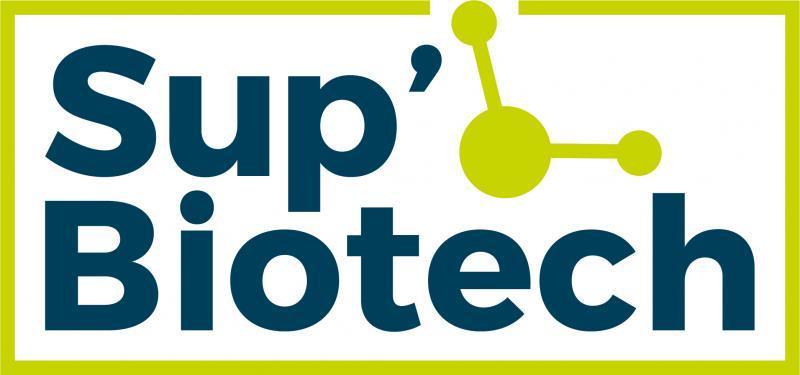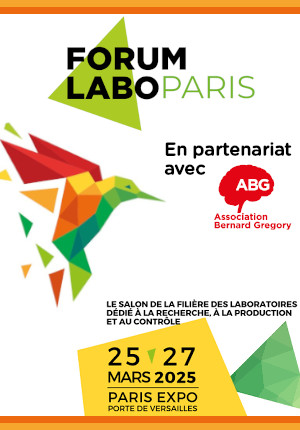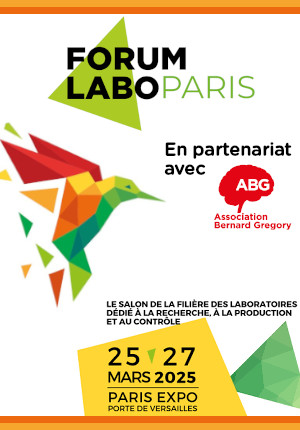The COFUND EU-funded doctoral programme of Institut Curie EuReKa: 8 positions to fill!
EuReCa (Europe Research & Care) is Institut Curie’s international PhD programme which provides PhD candidates with an excellent interdisciplinary, inter-sectorial, and international training. Application deadline: 9 January 2020.

Application process and eligibility
EuReCa (Europe Research & Care) is Institut Curie’s international PhD Program which provides PhD students with an excellent interdisciplinary, inter-sectorial, and international training. It includes a personalized career development plan, coaching, mentoring and the possibility of undertaking secondments in partners' institutions. The programme is funded by the European Commission under agreement number 847718.
Application process and eligibility
Requirements
- Not have lived in France for more than 12 months during the 3 years prior to January 9, 2020 (Mobility rule)
- Have (or be about to obtain) a European master’s degree, or have an equivalent master's degree which would formally entitle them to embark on a doctorate.
- Be an Early-Stage-Researcher (ESR). ESRs shall at the call deadline (Jan. 9th) be in the first four years (full-time equivalent research experience) of their research careers and have not been awarded a doctoral degree.
Application process
January 9: application deadline
Mid-April: selection of applicants who will be invited for interviews
May 27-29: interviews
June: final selection
September: start of the 3-year work contract
Thesis topics
Mechanism of Caveolin-assisted transport and enrichment of sphingomyelin in the plasma membrane
A synthetic platform for siRNA delivery
The RNA-binding activity of glycolytic enzymes in melanoma
Information and contact
Get ABG’s monthly newsletters including news, job offers, grants & fellowships and a selection of relevant events…
Discover our members
 PhDOOC
PhDOOC  Institut Sup'biotech de Paris
Institut Sup'biotech de Paris  Groupe AFNOR - Association française de normalisation
Groupe AFNOR - Association française de normalisation  CESI
CESI  Aérocentre, Pôle d'excellence régional
Aérocentre, Pôle d'excellence régional  Nokia Bell Labs France
Nokia Bell Labs France  Ifremer
Ifremer  TotalEnergies
TotalEnergies  ADEME
ADEME  SUEZ
SUEZ  Tecknowmetrix
Tecknowmetrix  MabDesign
MabDesign  Laboratoire National de Métrologie et d'Essais - LNE
Laboratoire National de Métrologie et d'Essais - LNE  ONERA - The French Aerospace Lab
ONERA - The French Aerospace Lab  MabDesign
MabDesign  ASNR - Autorité de sûreté nucléaire et de radioprotection - Siège
ASNR - Autorité de sûreté nucléaire et de radioprotection - Siège  ANRT
ANRT  Généthon
Généthon  CASDEN
CASDEN
-
JobPermanentRef. ABG128876ESA - Ecole Supérieure d'Agricultures à Angers (49)Angers - Pays de la Loire - France

Enseignant-e Chercheur-e en Agroécologie H/F
Agronomy, agri food - Ecology, environmentAny -
JobPermanentRef. ABG129017SupBiotech- Auvergne-Rhône-Alpes - France

Enseignant Chercheur en Bioinformatique
Computer scienceConfirmed







